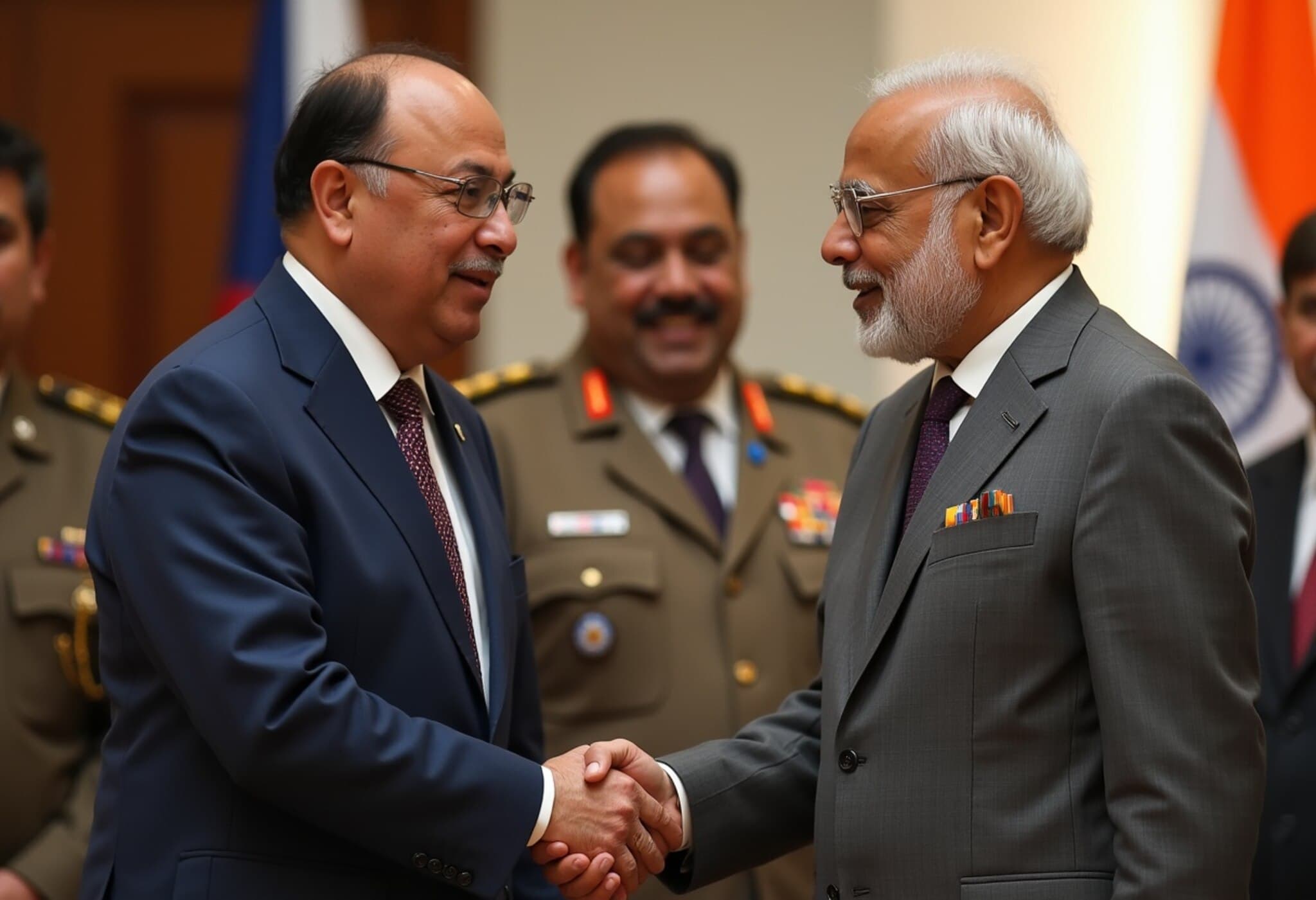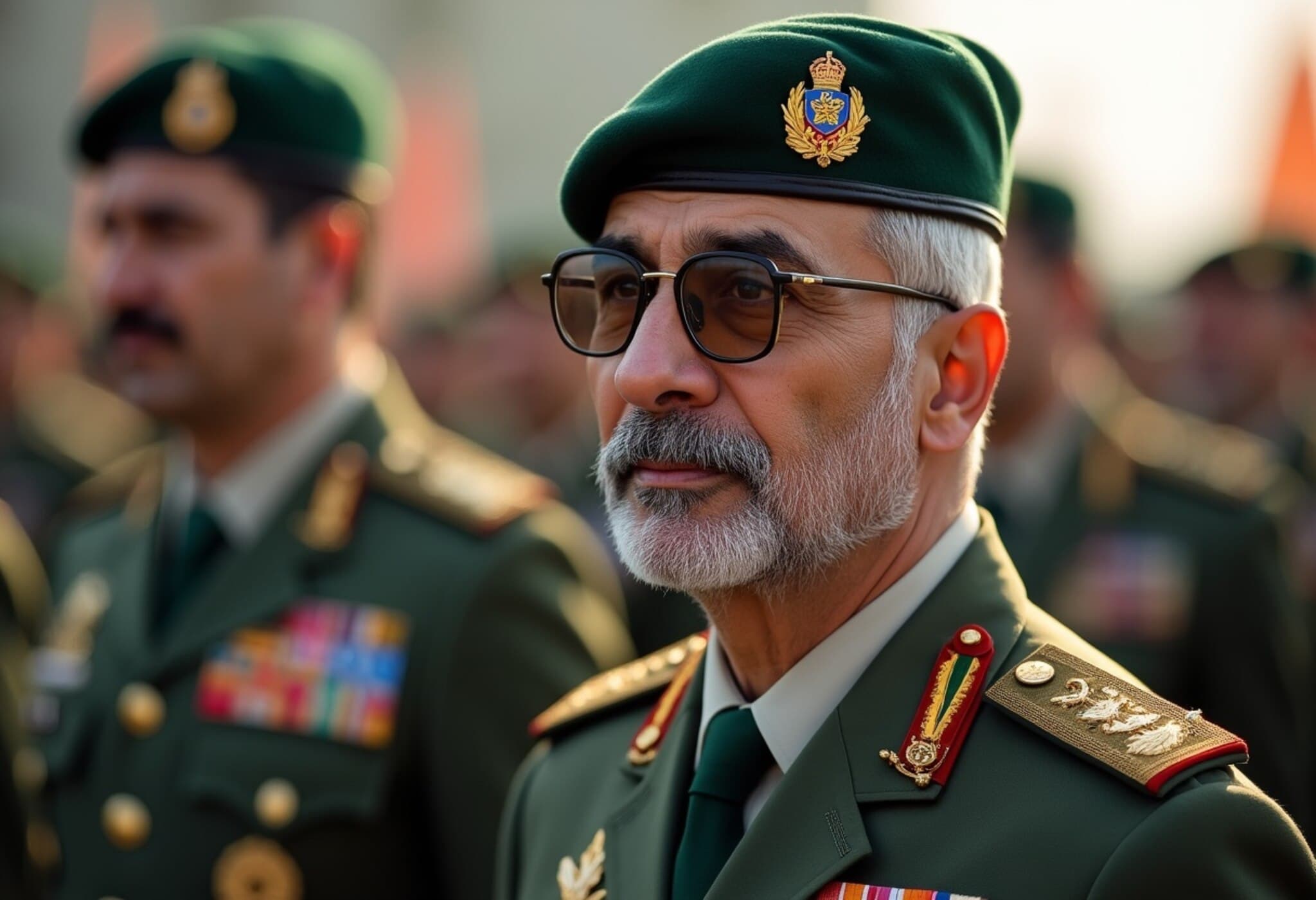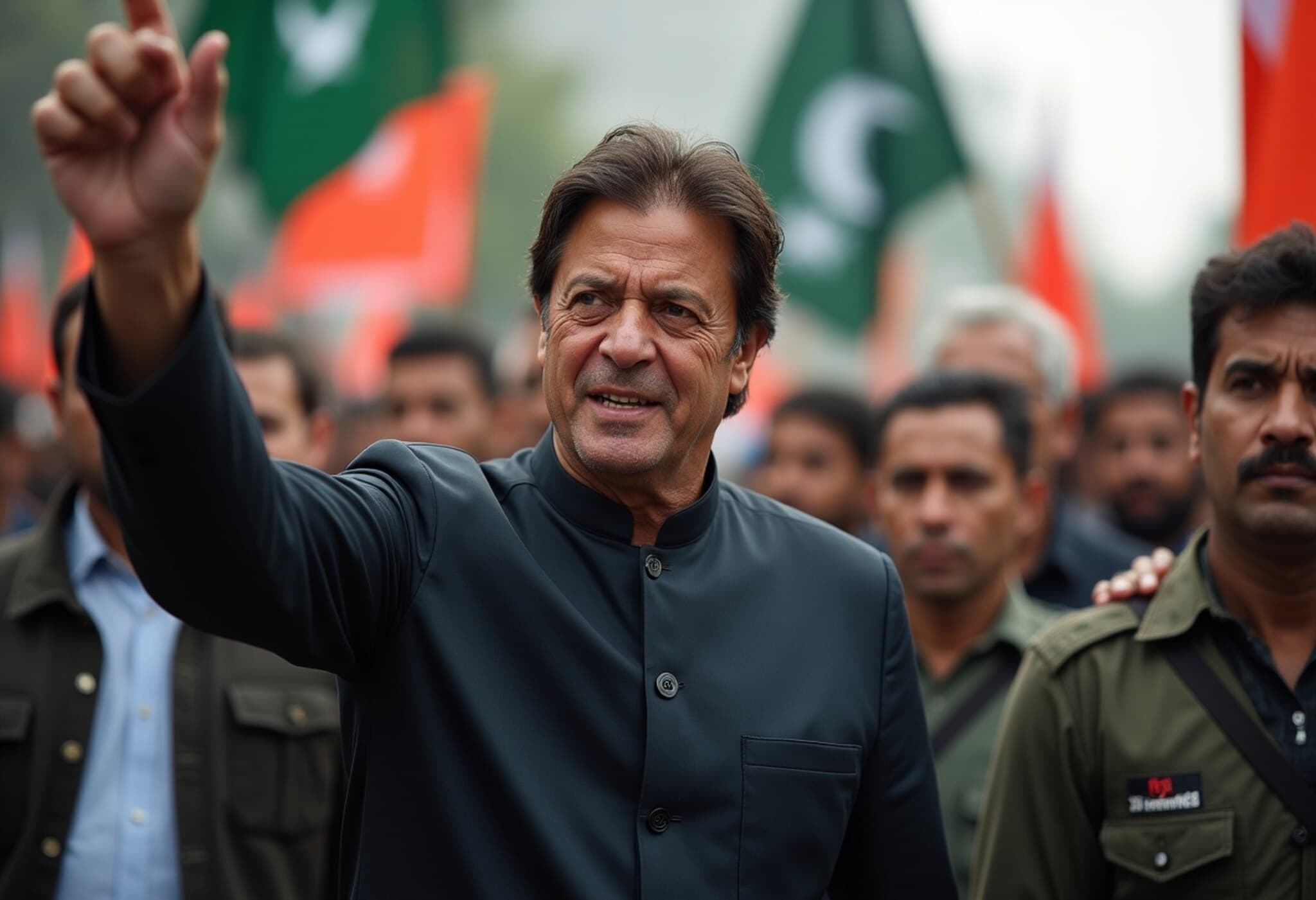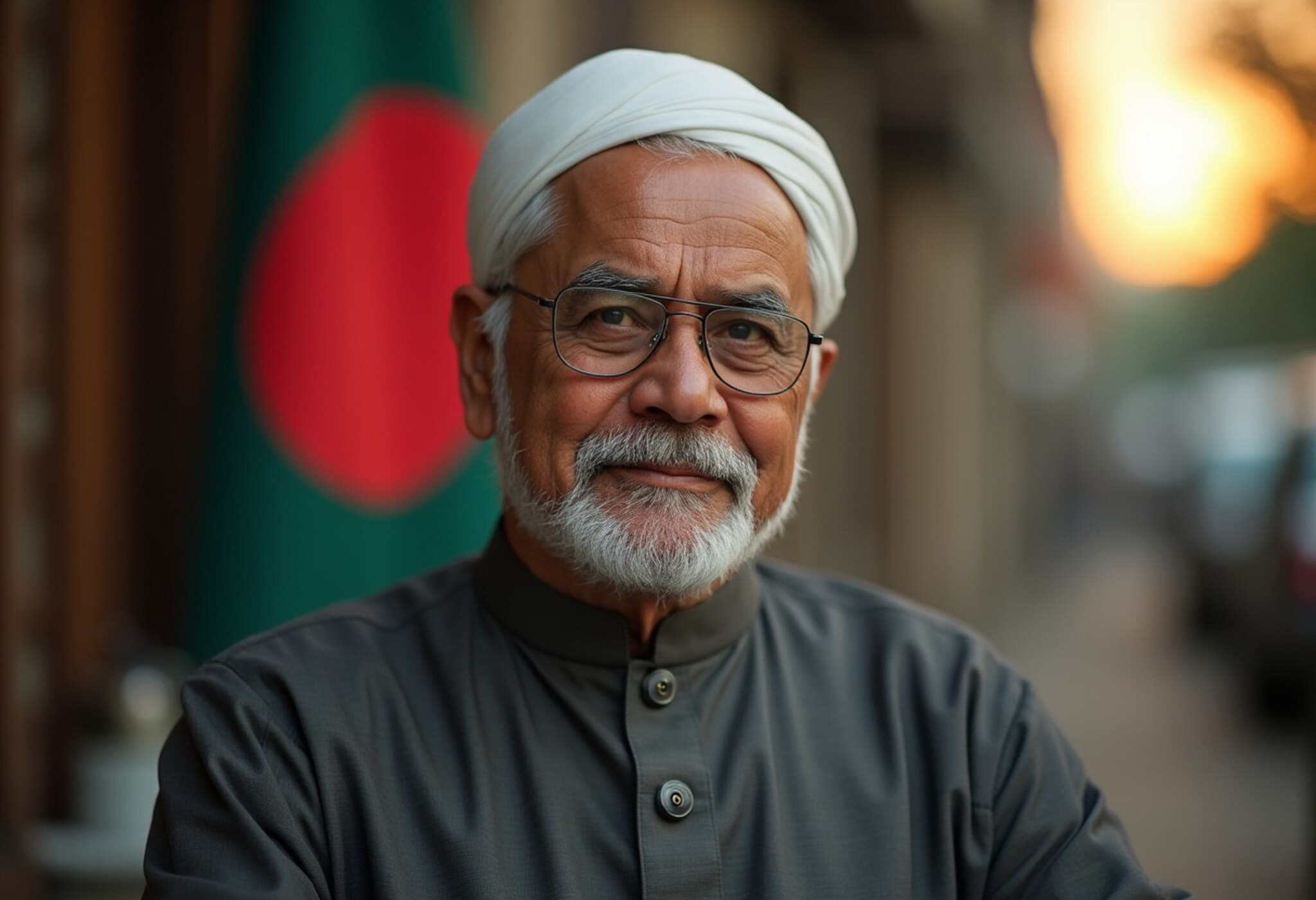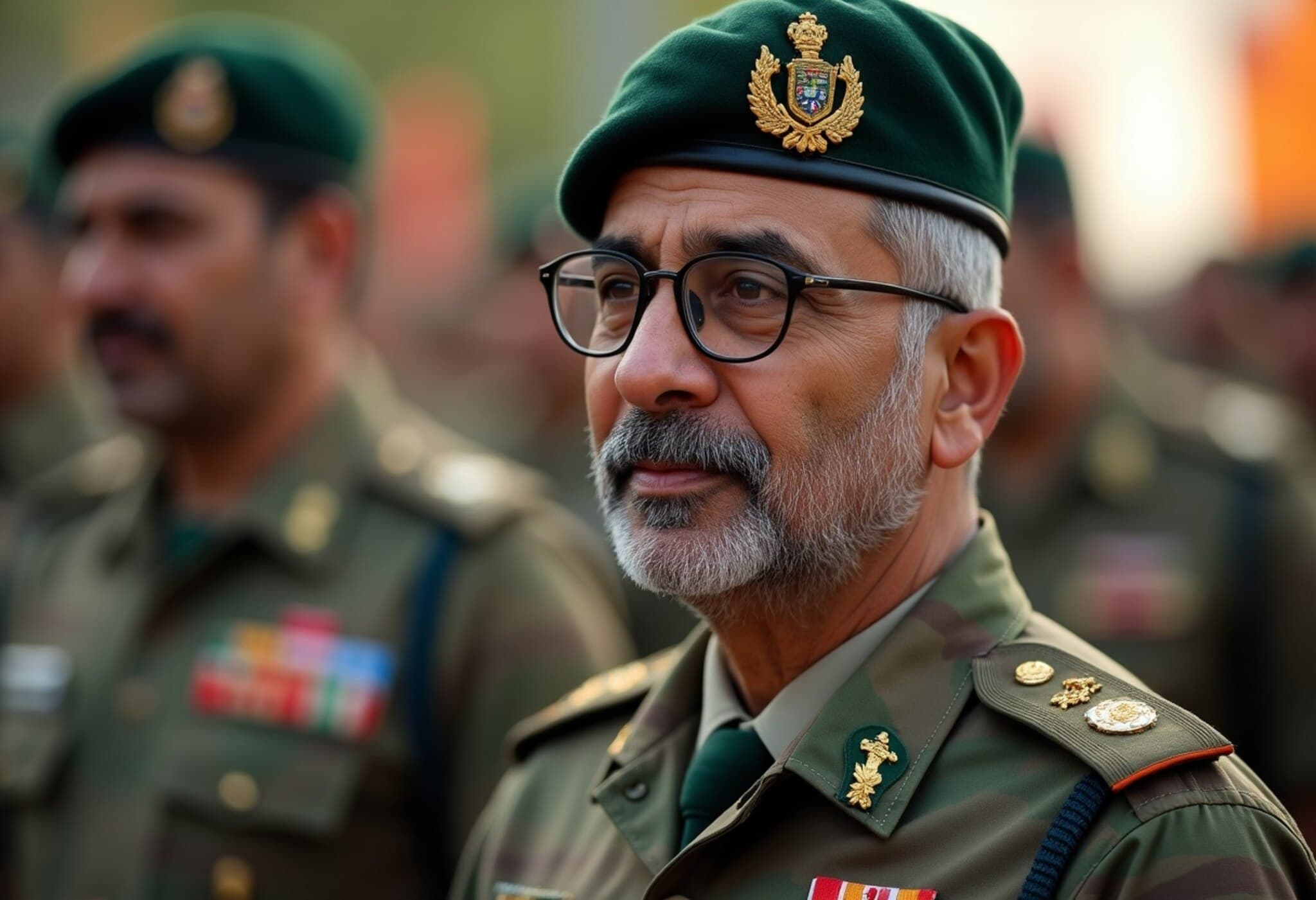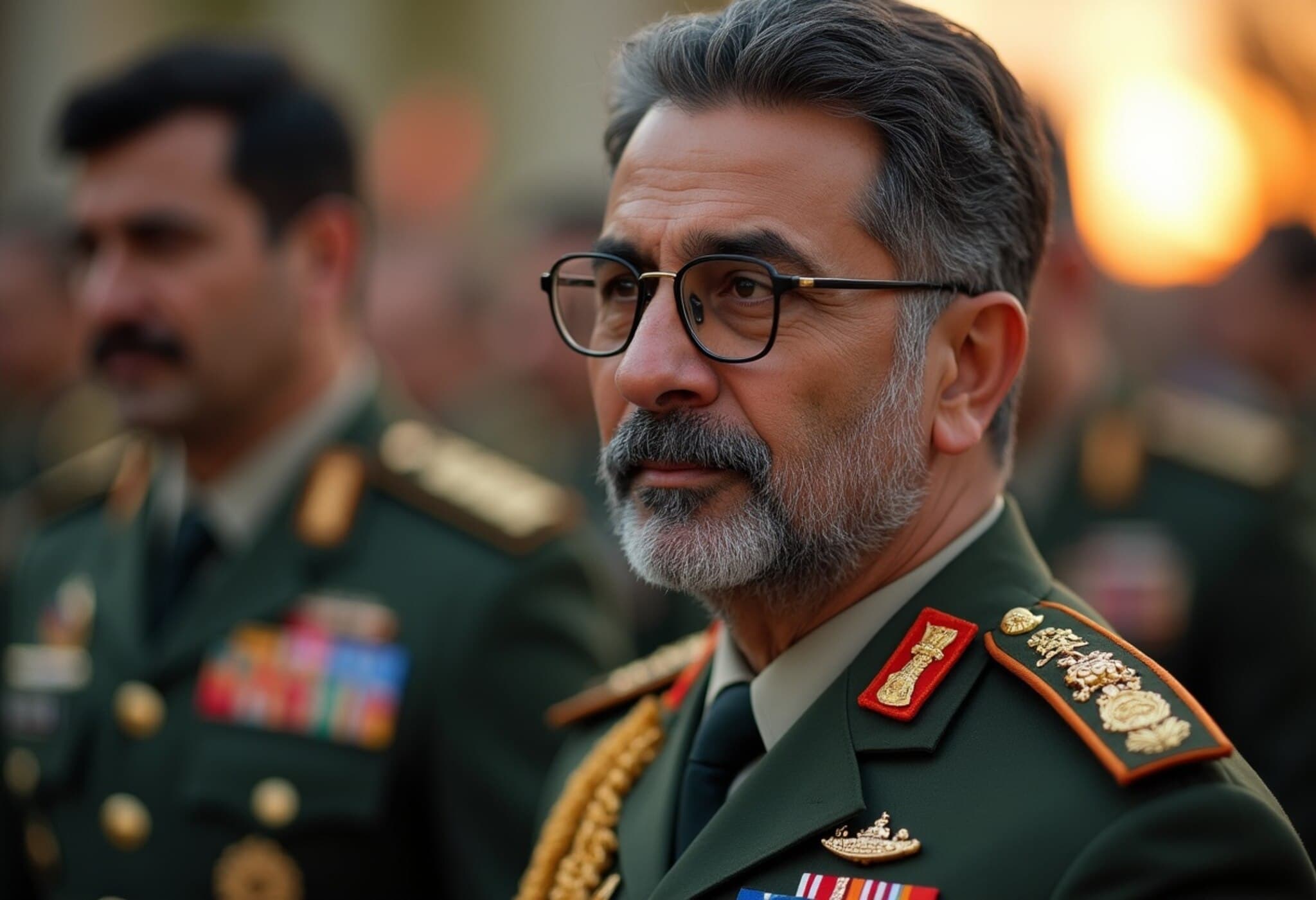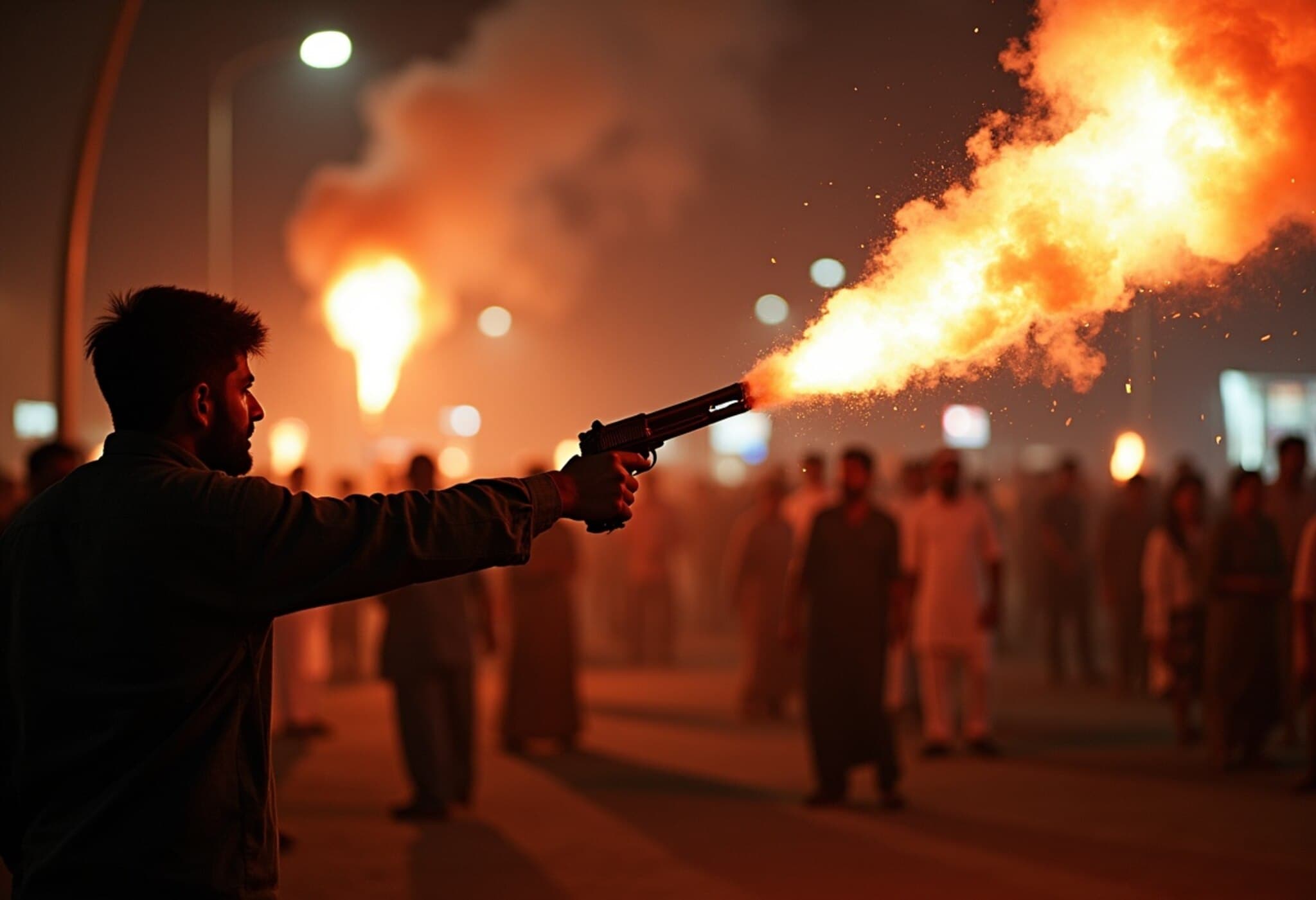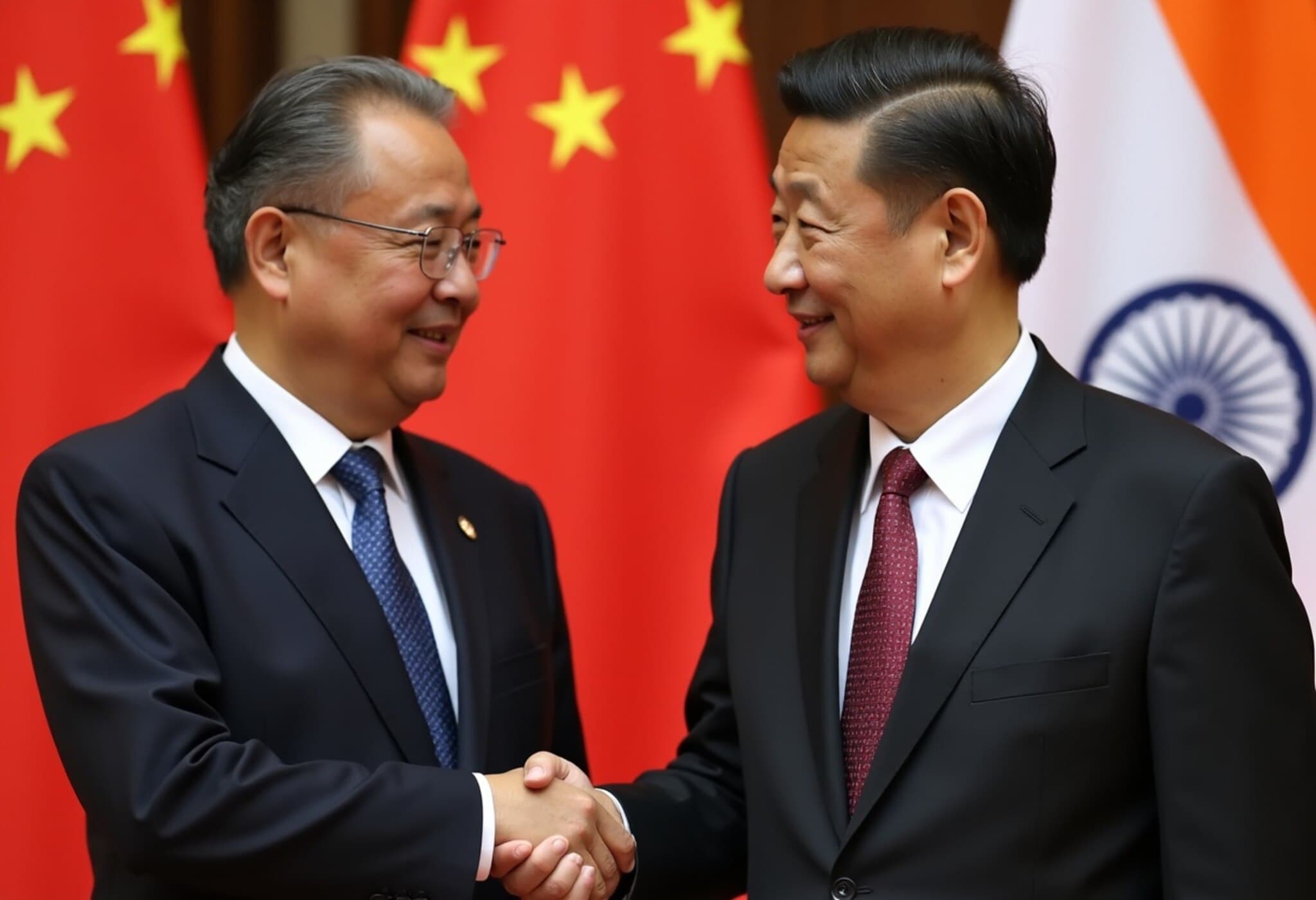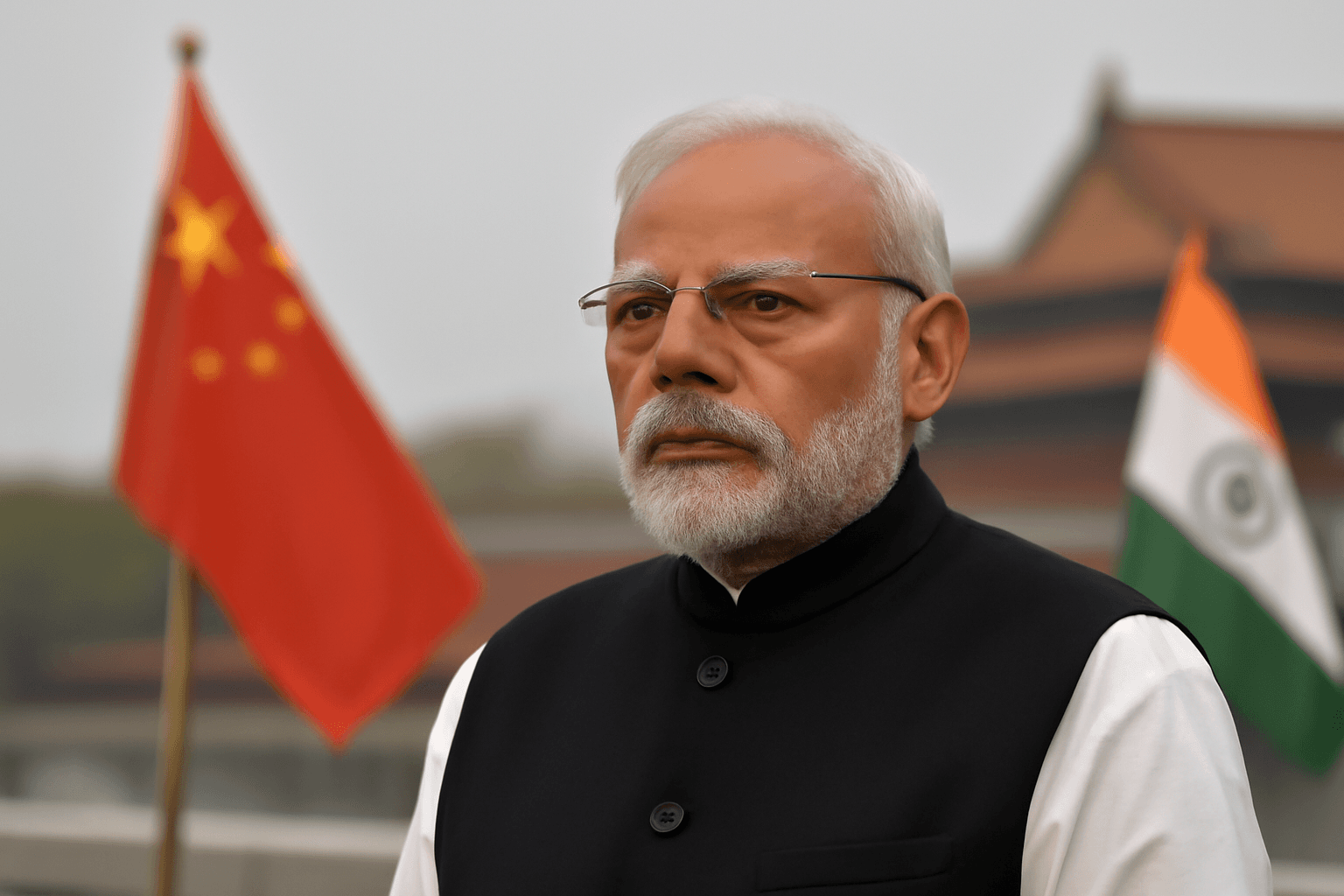India-Nepal Relations Warm Up Before Prime Minister Oli’s First Delhi Visit
As Nepalese Prime Minister K.P. Sharma Oli prepares for his inaugural visit to New Delhi in September 2025, diplomatic signals between the two neighboring nations indicate a refreshing upswing in their often-complex relationship. Since taking office in July 2024, Oli had notably chosen Beijing for his maiden foreign trip, a departure from tradition which underscored shifts in Nepal’s geopolitical stance. Now, just months before his Delhi visit, India and Nepal appear poised to deepen ties on multiple fronts.
Military Support and Humanitarian Gesture
In a clear mark of renewed collaboration, India recently handed over a consignment of military equipment, medical supplies, and even trained service animals — including dogs and horses — to the Nepalese Army. This transfer, unveiled mere weeks before Oli’s visit, underscores India’s commitment to bolstering Nepal’s defence capabilities and humanitarian readiness.
Shortly before this, Indian Foreign Secretary Vikram Misri visited Kathmandu, engaging in substantive talks with Prime Minister Oli, Foreign Minister Arzu Rana Deuba, and senior officials, including Nepal’s Foreign Secretary Amrit Bahadur Rai. These discussions touched on a broad range of topics that underscore the countries’ intent to rejuvenate their partnership.
Breaking Tradition, Renewing Invitations
Though Prime Minister Narendra Modi congratulated Oli upon his swearing-in and expressed eagerness to strengthen the bilateral friendship, a formal invitation for a visit only materialized recently. During a Kathmandu visit, Indian Foreign Secretary Vinay Mohan Kwatra extended an official invite to Oli for a visit on mutually convenient dates. This gesture comes as both nations seek to reaffirm longstanding ties amidst a rapidly shifting South Asian geopolitical landscape.
Foreign Minister Deuba pointed out the emphasis on enhancing connectivity, trade, and cooperation in development during the talks. She also reaffirmed Nepal’s appreciation for India’s Neighbourhood First policy, highlighting the centrality of India in Nepal’s foreign relations strategy.
From Operation Sindhu to Border Security Cooperation
Recent engagements have built upon collaborative initiatives such as Operation Sindhu, under which India evacuated three Nepalese nationals from Iran during the Israel-Iran conflict in June 2025. This mission symbolized India’s readiness to support Nepal’s citizens during international crises—a powerful message of solidarity.
Security cooperation has notably improved following tensions during Oli’s previous term linked to border disputes. Nepal’s support for Indian counter-terror operations, including solidarity shown after the tragic Pahalgam terror attack where a Nepalese national lost his life, as well as backing of Operation Sindoor targeting terror camps, signal a robust security partnership moving forward.
Furthermore, intensive discussions at recent home secretary-level meetings in New Delhi addressed crucial issues such as cross-border crime, boundary management, and coordination at district levels, emphasizing pragmatic steps to secure and stabilize the border region.
Cricket Diplomacy: Building Cultural Bridges
Beyond defence and diplomacy, India is actively supporting Nepal’s cultural and sporting aspirations. The Nepal Men’s National Cricket Team is embarking on a high-performance training camp at the Board of Control for Cricket in India’s (BCCI) National Cricket Academy in Bengaluru from August 20 to September 4, 2025. This initiative not only aims to raise Nepal’s cricketing profile but also fosters people-to-people connections, a vital dimension often overlooked in bilateral relations.
Expert Insight: A Strategic Balancing Act
From a geopolitical perspective, Nepal’s initial tilt toward China, marked by Oli’s first foreign visit to Beijing, reflected Kathmandu’s efforts to diversify strategic partnerships amid evolving regional currents. However, the resurgence of bilateral momentum with India ahead of his Delhi visit suggests a nuanced balancing act, leveraging relations with both Asian giants for Nepal’s national interest.
For India, reinforcing ties with Nepal is critical not only from a neighbourhood security standpoint but also in sustaining influence within the Himalayan region, especially given China’s expanding footprint. Maintaining strong defence, humanitarian, cultural, and diplomatic links helps fortify a relationship integral to South Asia’s stability.
Looking Ahead: What This Means for Regional Stability
- Enhanced security cooperation could help reduce longstanding border tensions and improve coordination against transnational threats.
- Continued humanitarian and disaster-response partnerships underscore the human dimension of bilateral ties, enhancing goodwill.
- Cricket and cultural exchanges serve as soft power tools, fostering mutual understanding and forging new bonds among citizens.
- Economic and trade connectivity discussions promise broader regional integration with potential ripple effects on livelihoods and growth.
Prime Minister Oli’s delayed yet eagerly anticipated visit to New Delhi stands to set a new tone of cordiality and collaboration, potentially heralding a more confident and cooperative chapter in India-Nepal relations.
Editor’s Note
The evolving dance of diplomacy between India and Nepal sheds light on the delicate balance smaller nations undertake between major powers. While Nepal seeks to assert its sovereignty and diversify partnerships, maintaining historic ties with India remains central. Observers should watch how these diplomatic overtures translate into tangible outcomes on security, trade, and cultural fronts, and whether this newfound warmth withstands regional pressures.
Furthermore, the role of people-centric initiatives like cricket diplomacy underlines that sustainable international relationships thrive not only on formal agreements but on genuine human connections built through shared passions and cooperation.

